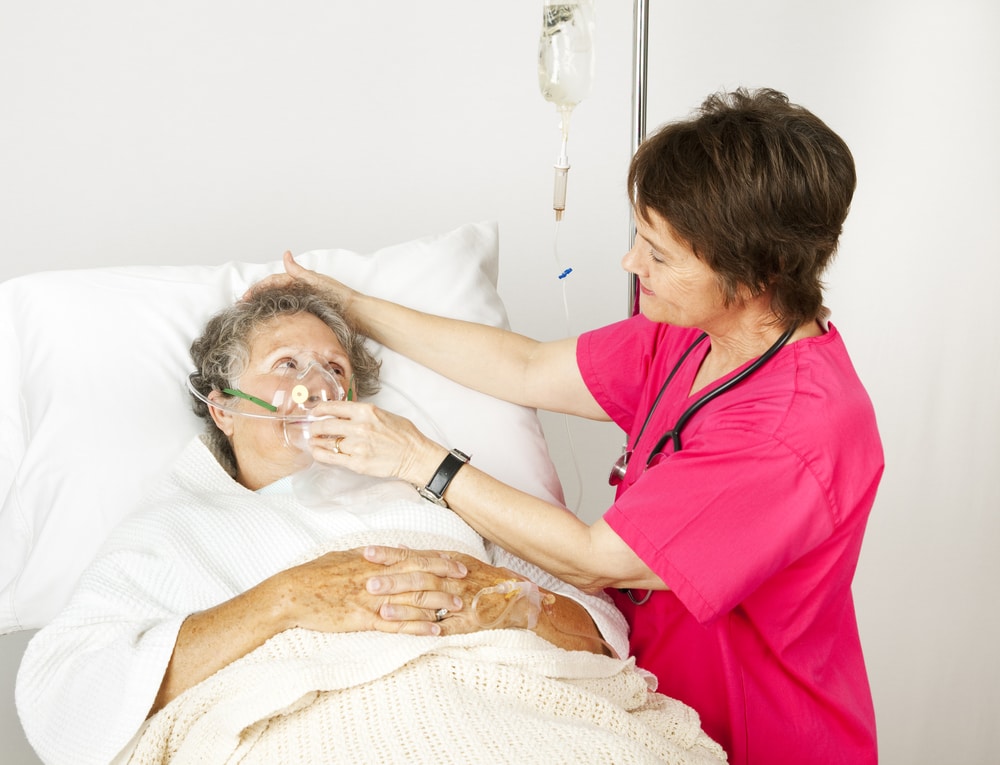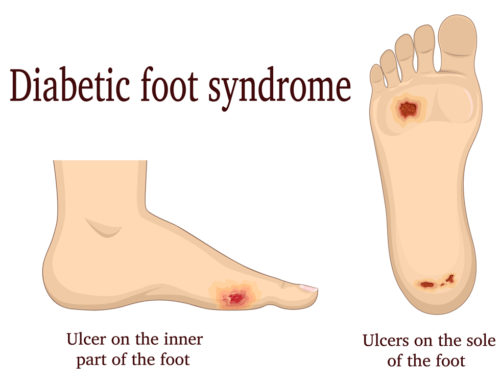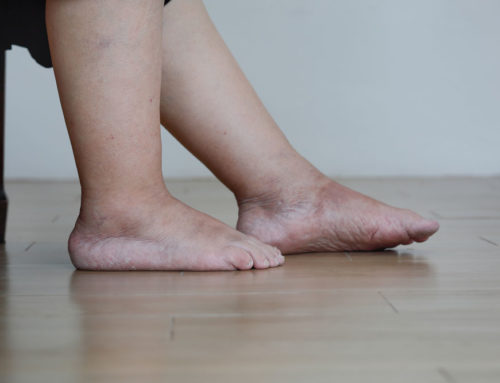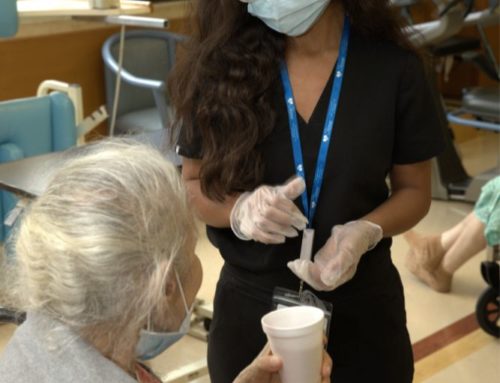Asthma in the Elderly: Treatment and Prevention
 Asthma in the elderly is an inflammatory disease that affects the lungs, making it hard for patients to breathe. Asthma attacks bring on sudden fits of coughing, wheezing, tightness in the chest, and shortness of breath. This is a common condition which affects nearly three million people in the US every year. Seven percent of people over the age of sixty are affected by this disease.
Asthma in the elderly is an inflammatory disease that affects the lungs, making it hard for patients to breathe. Asthma attacks bring on sudden fits of coughing, wheezing, tightness in the chest, and shortness of breath. This is a common condition which affects nearly three million people in the US every year. Seven percent of people over the age of sixty are affected by this disease.
Asthma can be a lifelong condition, or it may only show up in later years. There is currently no cure for asthma, although treatment is available. Even though it is most common among younger patients, it can be developed while a person is in their seventies and eighties. Asthma can lead to an increased risk of respiratory failure, in addition to an increased chance of being hospitalized due to the condition. Elderly patients with asthma are also more likely to develop diabetes, arthritis, and hay fever.
What causes asthma in the elderly?
Patients who suffered from asthma earlier in their lives are likely to experience the return of the condition. Sinus diseases and infections may contribute to an elderly patient developing asthma. Environmental irritants may also contribute to the onset of symptoms. Also, a family history of asthma can put a patient at an increased risk of suffering from the disease at an older age. Smokers and people who spend a lot of time around smokers, also have an increased chance of developing the condition. Additionally, respiratory infections and allergies can contribute to the onset of asthma in the elderly.
Risk factors of asthma in the elderly
Patients who experience asthma at an older age are at a greater risk of death than younger patients who experience the disease. Asthma affects the elderly more so due to the lack of elasticity in the lungs. It can also prevent the alveoli from expanding enough to absorb oxygen. Additionally, an elderly patient with asthma may experience frequent bronco-spasms.
Asthma in elderly patients also puts them at an increased risk of lung infections and more frequent asthma attacks. Another risk of asthma in the elderly is an increased chance of fluid buildup. A patient may experience panic attacks, confusion, or brief stages of memory loss. Elderly patients suffering from asthma are also advised to be cautious with the use of medication.
Treating asthma
Elderly patients with asthma are advised to seek professional help where they can receive proper medication and treatment. Regular consultations with an allergist, pulmonologist, or otolaryngologist are also recommended. Elderly patients may also need to make certain lifestyle changes to maintain their condition. Long-term monitoring of the condition and regular vaccinations are also advised. A certified physician may also recommend treatments such as leukotriene modifiers and theophylline.
Preventing asthma
Identifying asthma triggers and symptoms are important steps in preventing asthma in elderly patients. Taking medication properly may also help prevent the occurrence of the disease. It is important to recognize early signs and symptoms so that the patient and their physician can take measured steps to prevent the disease from worsening. Humidifiers and immunotherapy may also help prevent asthma attacks.
The staff at Fairview Rehab and Nursing Home in Queens, NY, are dedicated to aiding patients in all their needs, including the treatment and prevention of asthma. We create specific care plans for each patient based on their medical needs. Understanding that asthma in the elderly can be serious, we ensure that our patients receive the best preventive treatment.
This article contains informational and educational materials and does not replace health or medical advice. For questions or concerns regarding your medical condition or health objectives, speak to a qualified physician or healthcare provider.






Leave A Comment